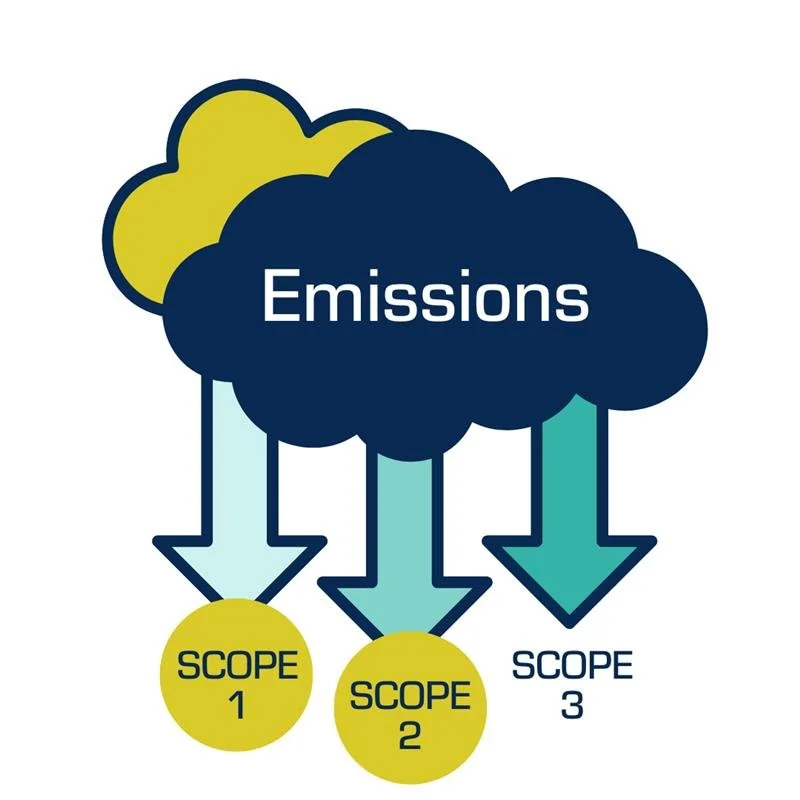Decarbonization Master Plan Uncovers $2.5M Annual Savings for Fortune 500 Pharmaceutical Manufacturer
Executive summary
SSC developed a decarbonization master plan for a pharmaceutical manufacturer to align with company-wide SBTi goals. Our plan benchmarked Scope 1 and 2 emissions under the GHG Protocol. It also identified cost-saving opportunities through steam reduction and innovative technologies to lower Scope 1 emissions, while providing expert guidance on grants, incentives, and tax credits. This roadmap positions the company to achieve its 2050 net zero targets while driving both sustainability and operational efficiency.
Protecting our clients' data is non-negotiable. This case study has been fully sanitized to safeguard their confidentiality because, at SSC, trust and security are paramount.
Key Findings
Emissions Benchmarking for Transparency:
SSC benchmarked Scope 1 and 2 emissions in alignment with the GHG Protocol, establishing a reliable baseline for tracking and reporting progress toward climate goals.$2.5M Annual Savings Identified:
The analysis revealed significant efficiency gains, including steam reduction measures and innovative technologies, contributing to both the company’s 2050 net zero targets and long-term operational savings.Strategic Financial Guidance:
SSC provided expert insights into available grants, incentives, and tax credits, enabling the company to leverage external funding sources to accelerate its decarbonization roadmap.
Results
Estimated Annual Savings for One Facility: $2,500,000
Uncovered opportunities to reduce 10,500 metric tonnes CO₂eq.
Delivered 17 actionable recommendations, with implementation underway.
“Pharmaceutical manufacturers have a unique opportunity—and responsibility—to lead in sustainability. We’re proud to help our clients meet their Science Based Targets and reduce Scope 1 emissions through practical, cost-saving strategies that deliver measurable impact.”
Tad Radzinski, PE, SEP, LEED AP, SFP
President & Co-Founder, Sustainable Solutions Corporation
-
The pharmaceutical industry is under increasing pressure to reduce its carbon footprint and demonstrate measurable progress toward global climate commitments. This Fortune 500 manufacturer had committed to the Science Based Targets initiative (SBTi) but needed actionable, facility-level strategies to align operations with corporate goals. At one of its key manufacturing sites, operational practices revealed inefficiencies and opportunities for energy conservation and emissions reductions.
-
SSC applied its Decarbonization Master Planning proven process to assess the facility operations and energy consumption. The team developed a customized roadmap that combined short-term efficiency improvements with long-term decarbonization opportunities. We delivered 17 actionable recommendations that are currently underway by the client.
-
A strategic roadmap that identifies opportunities for emissions reduction across operations, supply chain, and energy use.
-
Scope 1 emissions are direct greenhouse gas (GHG) emissions that come from sources owned or controlled by an organization. These emissions result from the fuels companies burn and typically come from a few different sources:
Company-owned Vehicles
HVAC Systems and Processes
On-site Landfills and Wastewater Treatment
Process and Fugitive Emissions
-
Scope 2 emissions are indirect greenhouse gas (GHG) emissions tied to the energy a company purchases. These emissions result from a few different sources:
Purchased Electricity
Purchased Chilled Water
Purchased Steam








